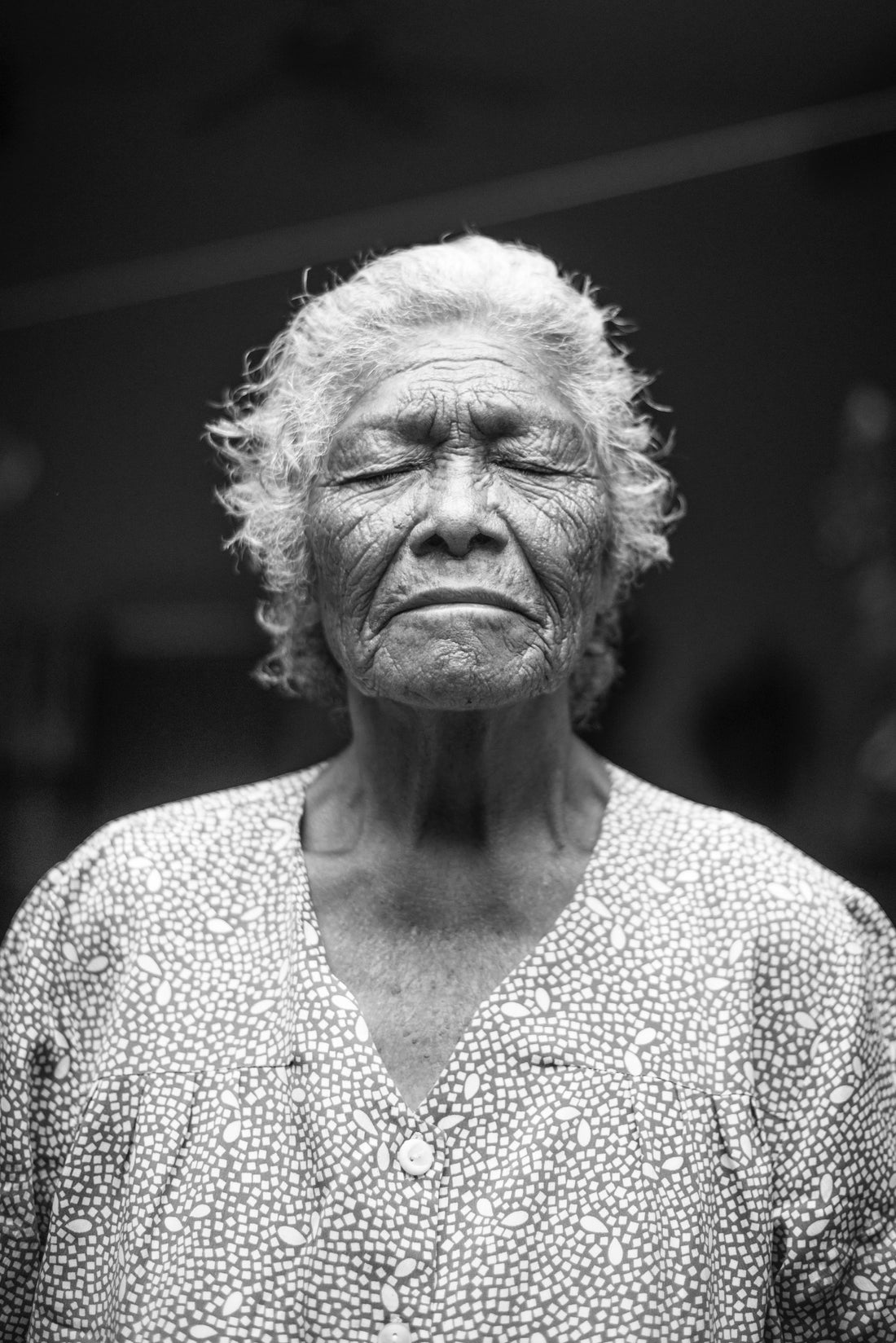Koun Franz is a Montana-born Soto Zen priest who trained, taught, and translated in traditional
monasteries in Japan. He is the guiding teacher of Thousand Harbours Zen in Halifax, Nova Scotia
(his talks can be found on the their podcast ) and former editor of Buddhadharma: The Practitioner’s
Guide.
What is wisdom? What does that word mean to you?
In his “Eight Awakenings of Great Beings,” Dogen teaches that the seventh awakening is “to cultivate wisdom.” He says a lot about how great wisdom is, but here’s the part that should really make us think: “If you don’t have wisdom, you will be neither a follower of the Way nor a lay supporter of it, and there will be no name to describe you.” A lot of old texts have this quality of saying, either you get it or you don’t get it at all. But the message that matters here is the one that subverts what we think “the Way” is. Here, the Buddhist path doesn’t lead us to wisdom; it starts from wisdom. Wisdom is a prerequisite.
So what, then, are we talking about when we talk about wisdom?
It’s important that this text focuses on wisdom and not enlightenment. If I say the seventh awakening is to cultivate enlightenment, where does your mind go? Your mind goes to a place of fantasy, to a guessing game, an imagining of what that must be like to see through those eyes, to take in the world in that way. What does it feel like, smell like? It’s like if I said the seventh awakening is to know what it’s like to be a bird. It’s a fun thought exercise—what’s it like to fly, to perch, to be so small, to sit so high? But you don’t know. It’s just a game.
Here, Dogen is going back to foundational teachings, to the beginning, and he says, “focus on wisdom.” Why is that important? Because we know what wisdom is. We might make it a big thing, and in many cases Buddhism presents wisdom as something out there, beyond where we are now. But here, Dogen is talking about the wisdom of an adult.
Where have you seen wisdom? We don’t need to look to teachers or to the ancients. We can look to people with experience—elders, grandparents, people who have been through something, who have seen something from beginning to end. We notice how they look at the world, and then wisdom isn’t so mysterious anymore.
I often find myself in conversation often about anxiety, depression, the stuff we don’t know how to fix, and in every case, we’re talking about contraction—how, when those mindsets come in, things get smaller, narrower, the room gets tighter. So the question becomes, are there other times, times when you feel like you expand? Most people can find something, an activity or person or story that makes things feel bigger.
When I think of the wise people I’ve known, they’ve been people who have access to that expansive place—they see a bigger picture. They understand that this little thing, though painful—and real—will pass. There’s more.
There’s a phenomenon where a teenager will want some crazy hairdo and the parents will get really concerned. They’ll contract and say, no, you’ll ruin your life. And then the grandparents come in and say, oh no, it’s fine. Do what you need to do. They understand the contraction, and maybe they even feel it themselves, but they also know it takes so much work, so much energy to stay there. Over time, through years or experience or pain, they start to learn to release that grip, that control. We see this and we recognize it as wisdom, even if we don’t do it ourselves. It isn’t unimaginable. It just makes sense.

In Buddhism, we add a little further definition. Wisdom isn’t just that open hand—it’s to listen, contemplate, and practice. This set of three extends across many traditions in Buddhism. You take something in—maybe a teaching, but not necessarily—and then you digest it, maybe thinking about it, maybe just letting it sit, and then you act. You put the teaching into practice. Your actions are based on that metabolization.
In this description of wisdom, we get a sense of what it looks like: a slowing down, a humility, a willingness to really take something in, to let it rest in the body without rejecting it or changing it. You let it roll around, see what it becomes. And having done that, you act on the responsibility to do something with it.

L-C-M: listen, contemplate, meditate. Memorize this set, then notice how hard it is—and how obvious.
We may imagine that the eye of wisdom is not the physical eye, that it’s something else. But no, it’s this eyeball. It isn’t special, not in the clouds. This is a wisdom you know, that you have access to, that you can choose. Just slow down a little, listen a little, relax a little.
It sounds like a really big deal. But it isn’t. It isn’t a big deal at all.


2 comments
A long time ago I saw “mysteries of the universe” at a planetarium and as I traveled through the universe, I realized that my emotional Spinnings that kept me in such a small box were not so important and my world opened up and became a more glorious place to live…just as this teaching did…thank you.
So glad I can tap a few symbols
And open a little window
On a flat little computer
Widen my heart’s glance…